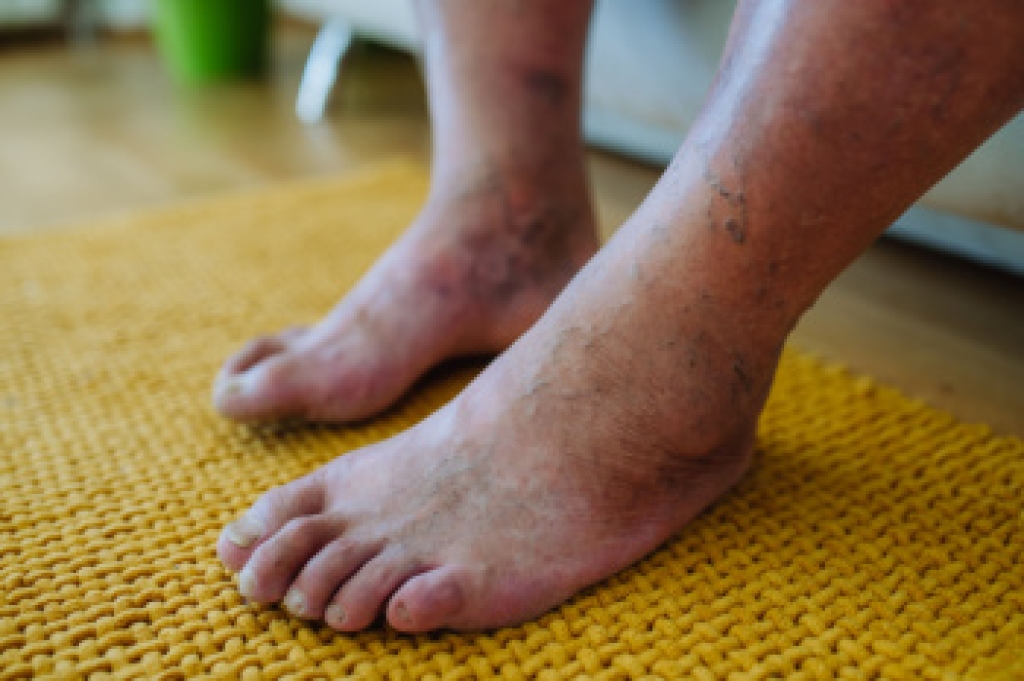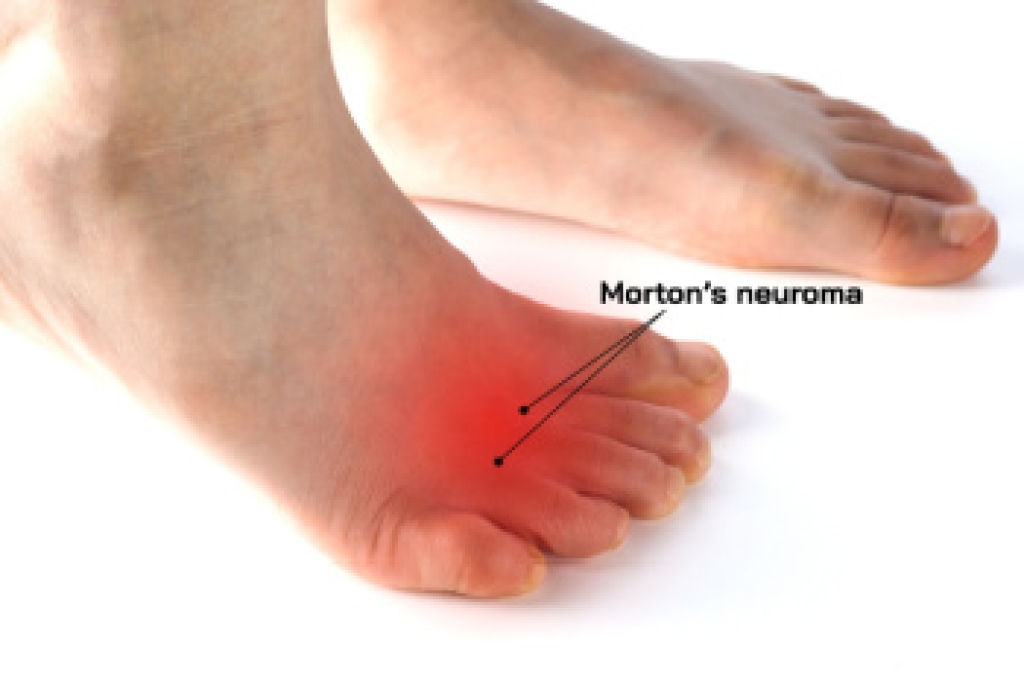
Preventing foot infections is an essential part of diabetes care. High blood sugar can damage nerves and reduce blood flow, making it harder to feel injuries or for wounds to heal properly. Even small cuts or blisters can become serious if not treated promptly. Daily foot checks are important. Look for redness, swelling, cracks, or signs of infection. Wash feet gently, keep them dry, and moisturize dry skin to prevent cracking. Trim nails carefully and avoid going barefoot, even at home. Wearing well-fitting shoes and using diabetic-friendly socks can help reduce friction and pressure points. Regular visits to a podiatrist can catch problems early and prevent complications. If you have diabetes and notice any changes in the appearance or feel of your feet, or if you have a sore that is not healing, it is suggested that you see a podiatrist for a diagnosis and appropriate treatment.
Diabetic foot care is important in preventing foot ailments such as ulcers. If you are suffering from diabetes or have any other concerns about your feet, contact one of our podiatrists from North Penn Podiatry. Our doctors can provide the care you need to keep you pain-free and on your feet.
Diabetic Foot Care
Diabetes affects millions of people every year. The condition can damage blood vessels in many parts of the body, especially the feet. Because of this, taking care of your feet is essential if you have diabetes, and having a podiatrist help monitor your foot health is highly recommended.
The Importance of Caring for Your Feet
- Routinely inspect your feet for bruises or sores.
- Wear socks that fit your feet comfortably.
- Wear comfortable shoes that provide adequate support.
Patients with diabetes should have their doctor monitor their blood levels, as blood sugar levels play such a huge role in diabetic care. Monitoring these levels on a regular basis is highly advised.
It is always best to inform your healthcare professional of any concerns you may have regarding your feet, especially for diabetic patients. Early treatment and routine foot examinations are keys to maintaining proper health, especially because severe complications can arise if proper treatment is not applied.
If you have any questions, please feel free to contact our offices located in Lansdale, and King of Prussia, PA . We offer the newest diagnostic and treatment technologies for all your foot care needs.




